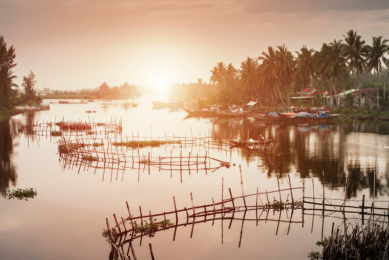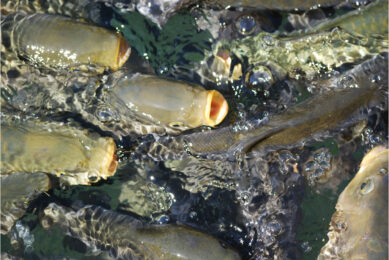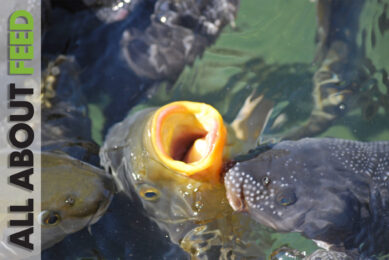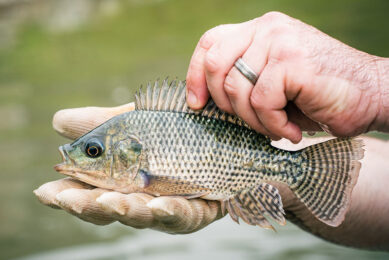Uzbekistan to ramp up farmed fish production in 2022
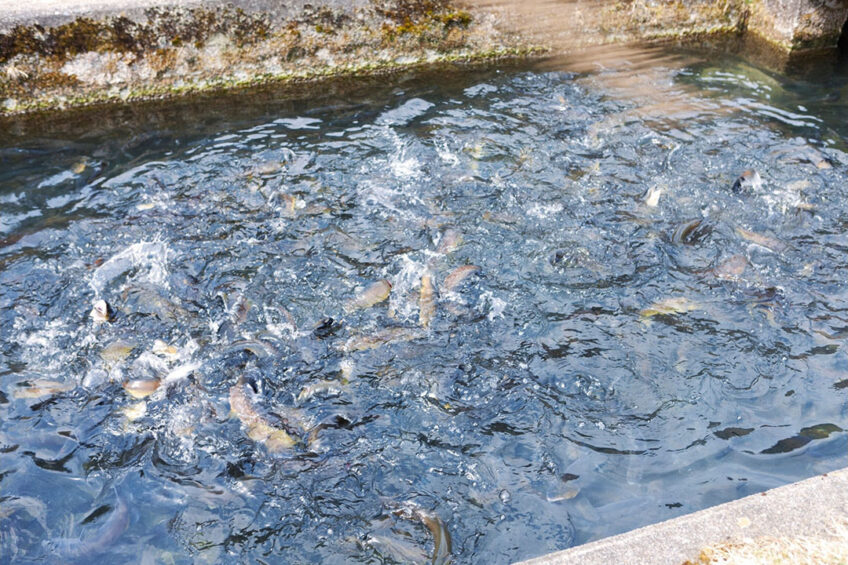
Uzbek President Shavkat Mirziev has ordered the government to boost the domestic farmed fish production to 700,000 tonnes in 2022.
Mirziev said that as many as 10,000 backyard farms and 15 industrial farms would be established in Uzbekistan this year. Since early February, Uzbekistan citizens will be allowed to breed fish for commercial purposes on the territory of their households.
In total, fish farming this year is expected to begin at 31,000 ha of artificial water bodies. They will purchase around 78,000 aerators, the government decree envisaged.
In 2020, Uzbekistan produced 144,000 tonnes of fish, more than 80% of which accounted for wild catches.
No taxes for farmed fish sector
In order to facilitate the growth, Mirziev instructed the government to approve significant tax breaks for fish farms in the country. Until January 1, 2025, aquaculture businesses in Uzbekistan will be exempted from all taxes, except for the VAT and social tax.
Industrial farms to support independent farmers
Under the decree, industrial farms must train independent farmers and provide them with equipment, broodstock, feed, and mineral fertilisers. Besides, industrial farms are instructed to purchase fish from independent farmers at a pre-agreed price.
Funding and subsidising
The project is expected to be partly funded by a €20 million loan from the French Development Agency. In addition, from January 15, Uzbek citizens are eligible to get a subsidised loan under the development of a fish farming project. In 2022, the Uzbek government expects $18.5 million worth of loans to be issued.
Ban on catching wild fish
In addition, the Uzbek government mulls plans to prohibit wild fish catching at several dozens of lakes across the country and pass them to private investors that could ramp up fish reserves and multiply annual production. To convert the Aidar-Arnasay lake system into a fish farming complex, the government plans to allocate $30 million.
Not the first programme
Uzbekistan is not the first country in Central Asia to lay out an ambitious fish farming development program.
In 2020, the Kazakh government adopted a big aquaculture development programme, aiming to expand domestic fish production from the current annual figure of 7000 tonnes to some 270,000 tonnes by 2030. Under this programme, the government planned to attract $1.3 billion investments in the domestic fish farming industry.
Challenges facing the aquaculture sector
However, local market participants say that despite a large-scale state aid, the industry lacks major development, owing to a poorly-developed infrastructure, a long payback period of fish farming projects in Kazakhstan as well as low demand on domestic fish market.




